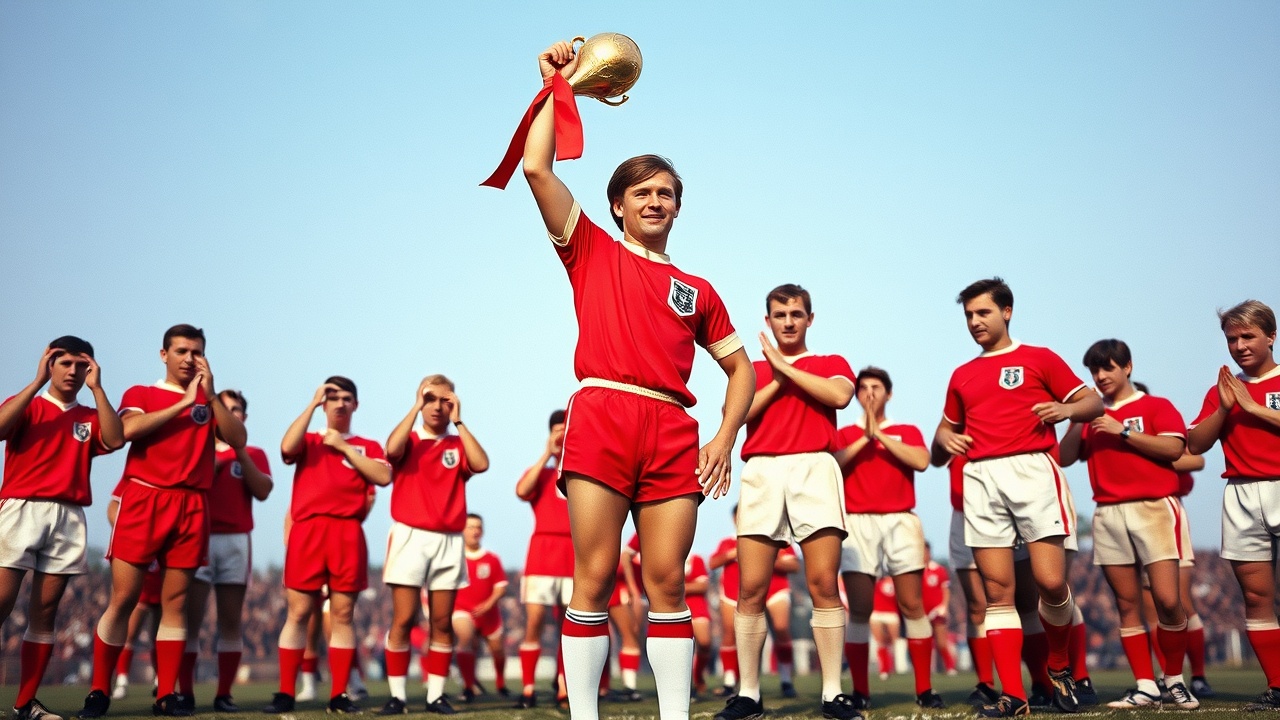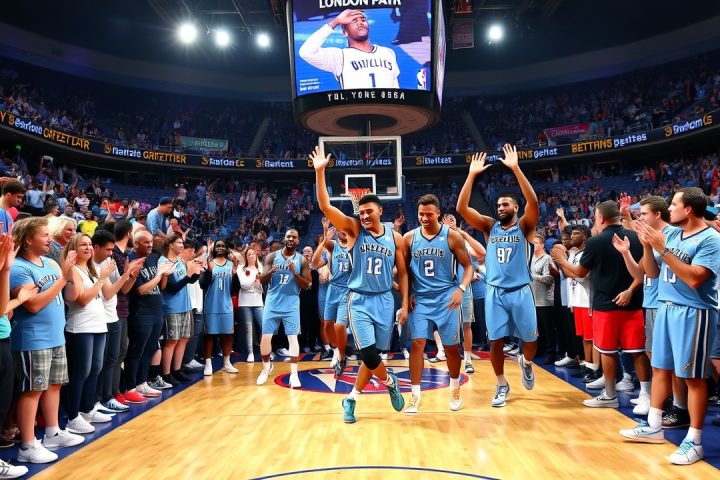The History of England’s Football Team at the World Cup
The history of England’s association football team at the World Cup before their hosting of the tournament was relatively unimpressive. Despite being one of the sports’ founding nations, England had not participated in the initial three World Cups, as the Football Association (FA) had refused to engage with FIFA. Since finally joining the international competition, England’s record across four tournaments included two quarter-final appearances and two disappointments at the group stage.
England’s Football Legacy
Remarkably, though, England remained a football powerhouse, enjoying high regard from fans and players around the globe. This was evident during a centenary match hosted by the FA in 1963, where a formidable England faced a World XI and triumphed 2-1, showcasing the talents of legendary players like Gordon Banks, Bobby Moore, and Bobby Charlton.
Hosting the World Cup in 1966
Hosting the World Cup in 1966 was pivotal for England’s fortunes, marking the first time since Uruguay and Italy, the inaugural World Cup hosts, that the host nation emerged victorious. Alf Ramsey took the helm of the England squad in October 1962 and boldly declared intentions to win the World Cup—an audacious assertion from a man who had remarkable success at Ipswich Town, where he rapidly ascended the ranks from the third tier to winning top-flight glory.
Ramsey’s Innovative Approach
Ramsey, a former England full-back, had a somewhat rocky relationship with media and fans but transformed the managerial landscape. Prior to his management, the selection of the national team was managed by a committee. By taking full control of player selection and tactics, Ramsey established a new order within the FA. He embraced innovation, regularly naming a full squad of 22 players rather than the smaller squads that had been customary in previous years.
His tactical approach defied conventions. The English squad was famously labeled “Ramsey’s wingless wonders” due to the absence of wingers—a departure from traditional formations that had been the hallmark of English football. His methods became evident throughout the tournament in 1966, where the team gradually transitioned from an emphasis on width to a more compact formation, culminating in a versatile starting eleven.
Key Players and Moments
Jack Charlton and Bobby Moore anchored the defense, while Nobby Stiles provided vital midfield support. Notably, Jimmy Greaves, England’s top scorer, was sidelined due to injury, highlighting Ramsey’s preference for hard-working players over gifted but unpredictable ones, as he kept Roger Hunt in the lineup despite the lack of flair.
Throughout the tournament, Bobby Charlton emerged as England’s key player, demonstrating exceptional skill and leadership. He clinched the Ballon d’Or that year, showing his immense value as a midfielder. His standout moment came in the group stage against Mexico, when he scored a stunning goal from distance. In the semi-final against Portugal, Charlton’s contributions were pivotal as he scored both goals in a hard-fought match that ended 2-1.
The World Cup Final
The World Cup final against Germany showcased his talents further, with the match becoming a defining encounter in football history. England initially fell behind but equalized through Geoff Hurst, who became a central figure in the final. Hurst’s hat-trick—still the only one scored in a World Cup final until Kylian Mbappe’s feat in 2022—was filled with drama, particularly the controversial goal that hit the crossbar and bounced down.
Legacy of the 1966 Victory
Though England’s play may have seemed pragmatic compared to Brazil’s flair, their success in 1966 offered a different narrative in a competition filled with unexpected twists and defensive posturing. Critics have remarked that the victory led to a focus on discipline over creativity in English football, but Ramsey’s task was clear: to win the World Cup, and he succeeded in doing so for a nation with rich footballing heritage. The event remains a cherished part of England’s football history, forming a complex legacy that still influences perceptions and tactics in the sport today.




